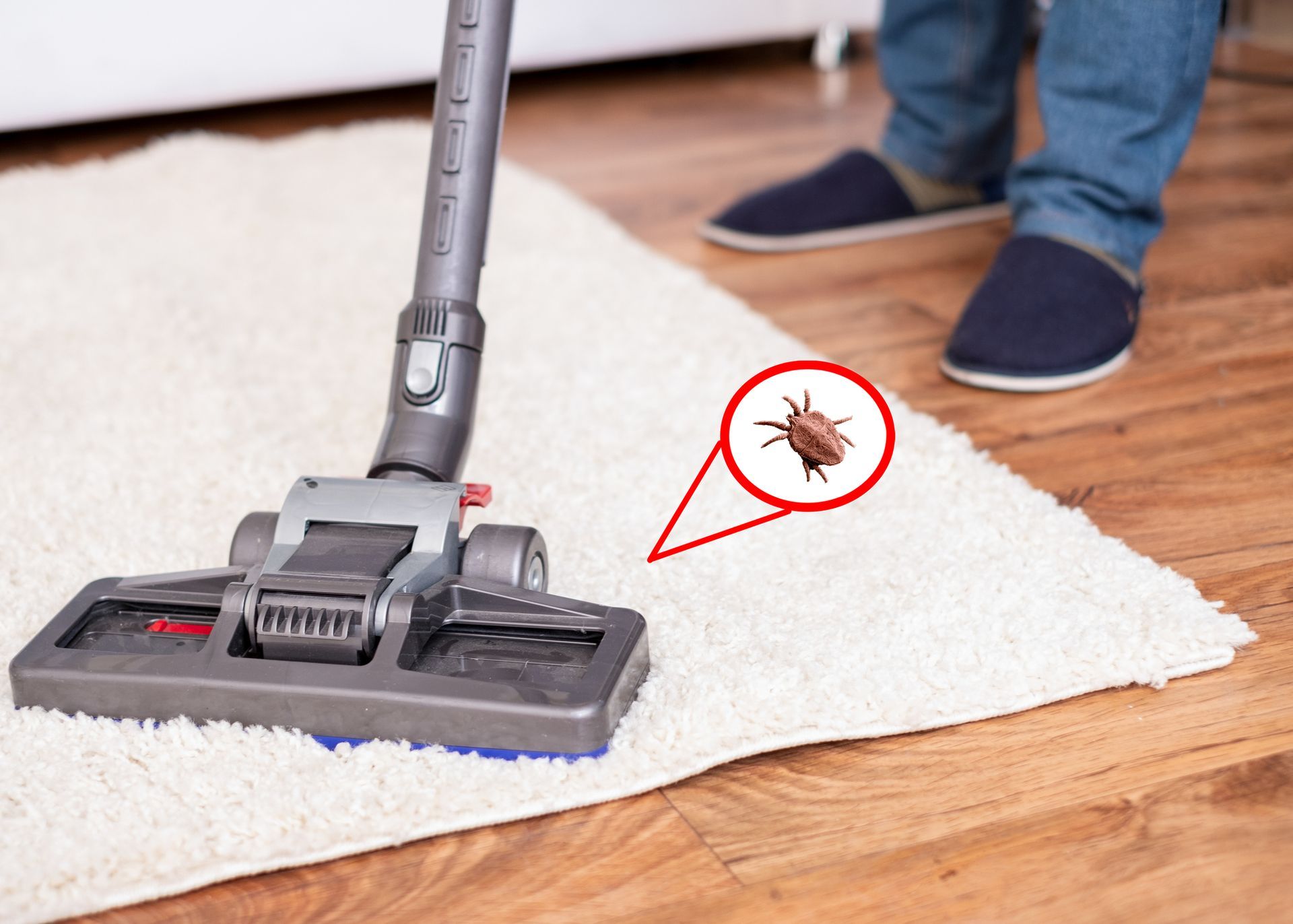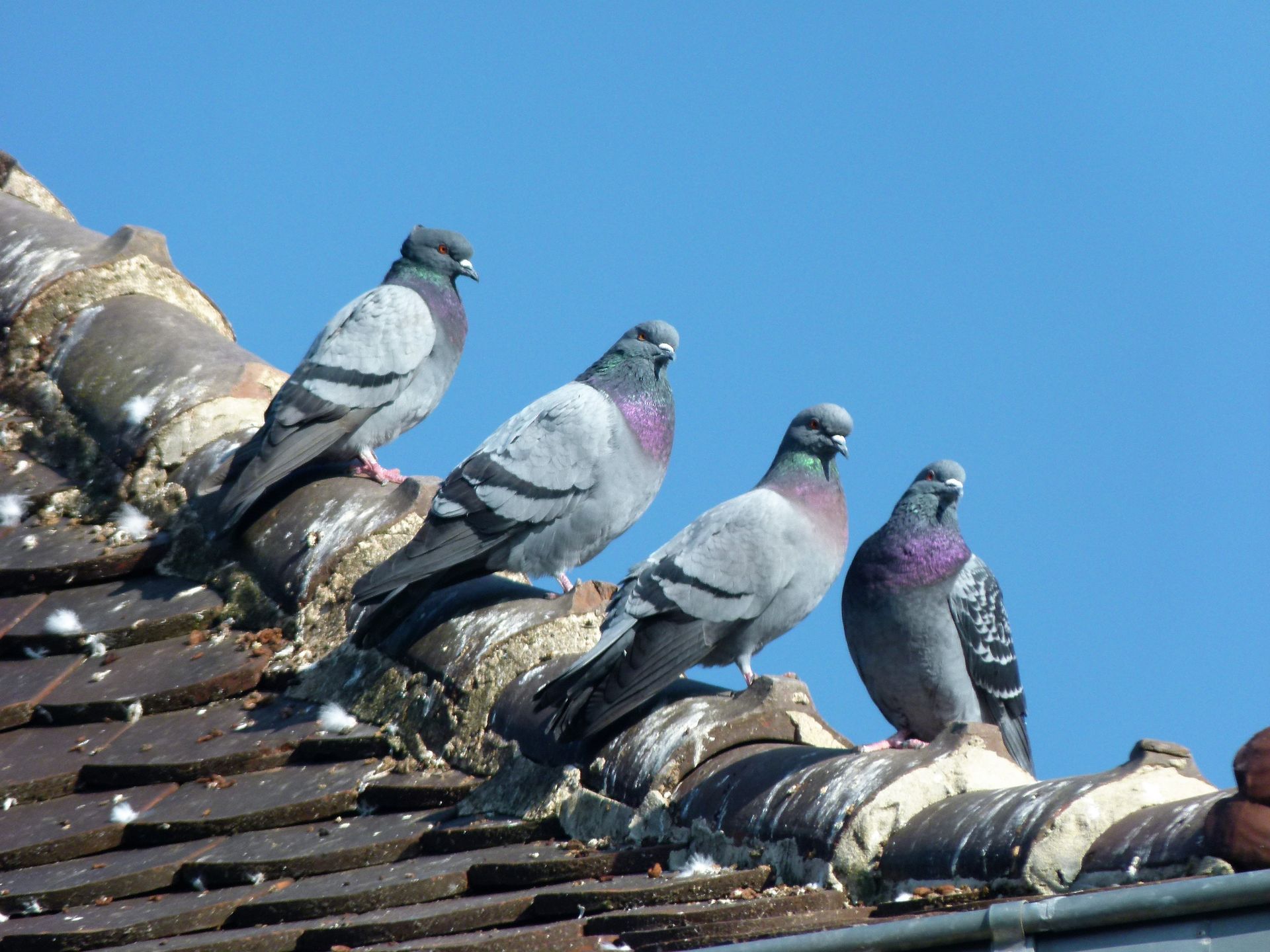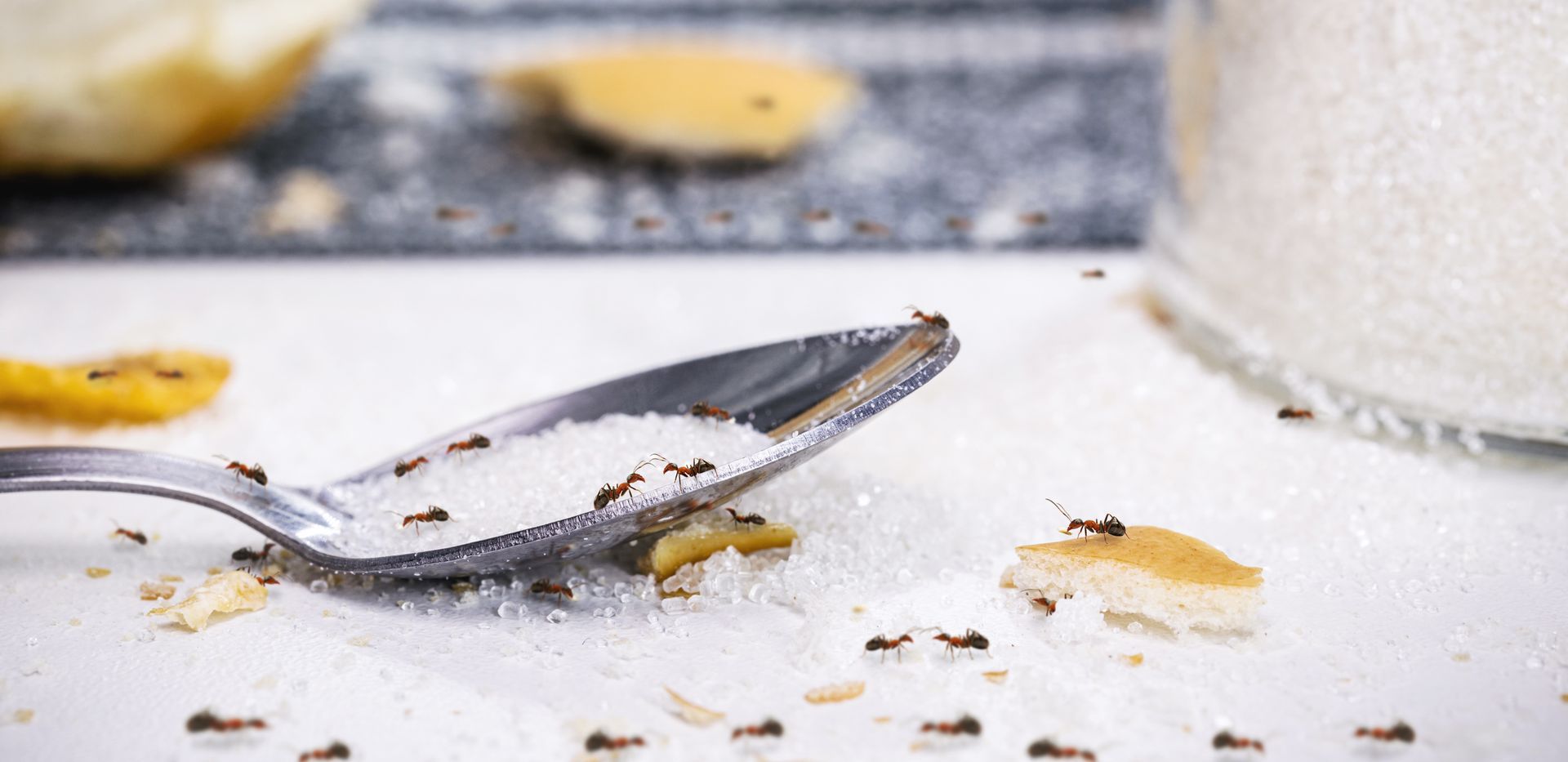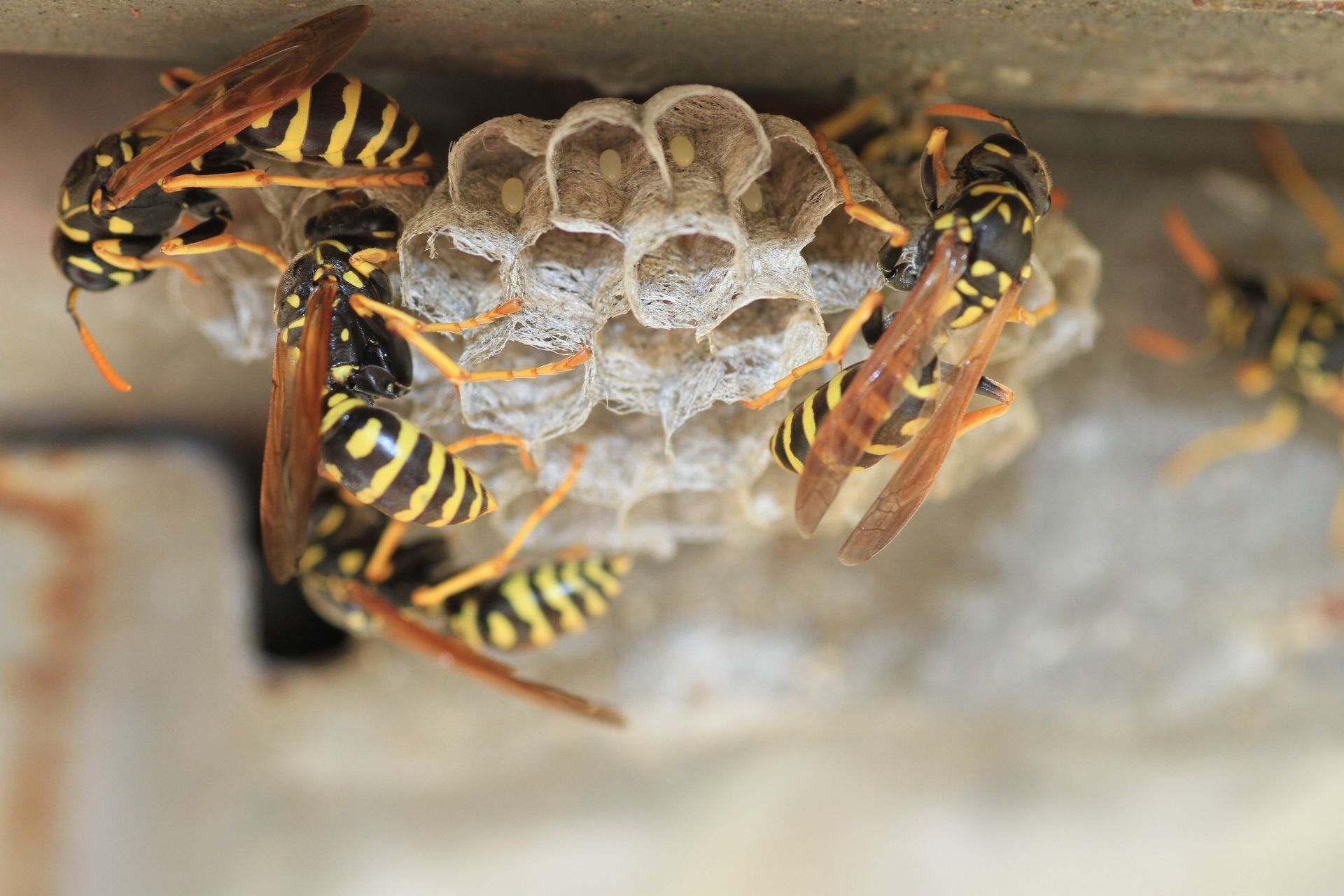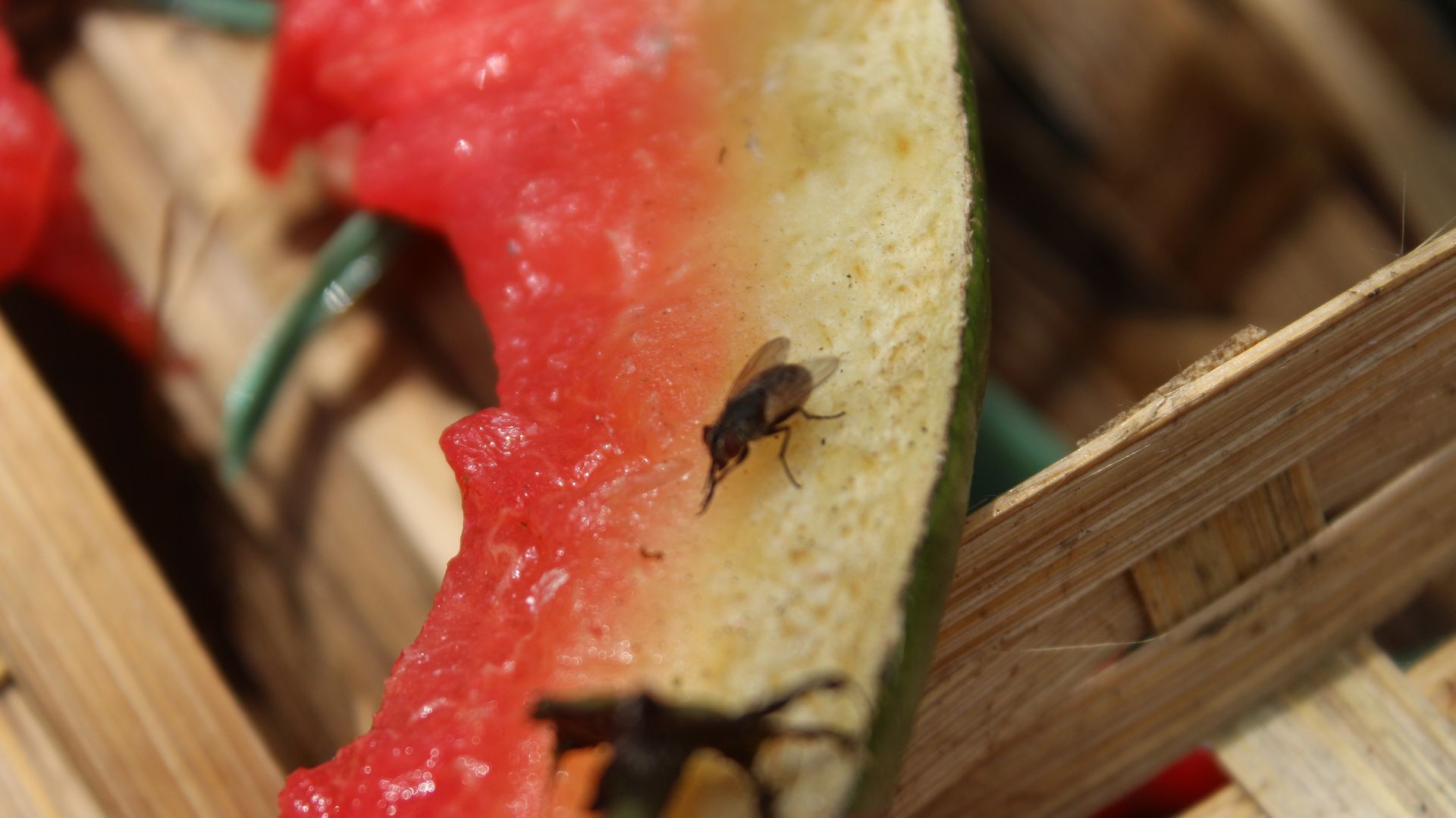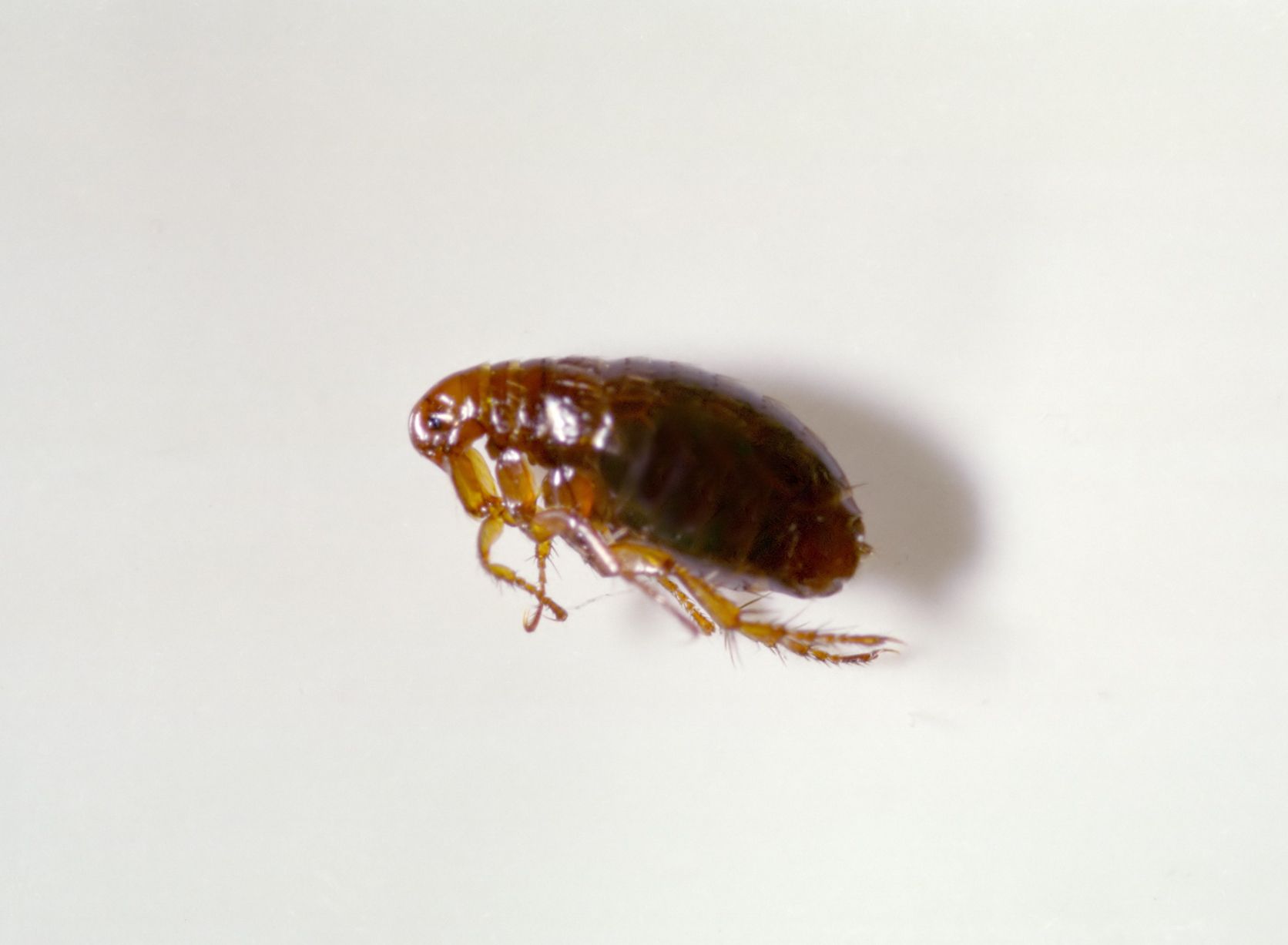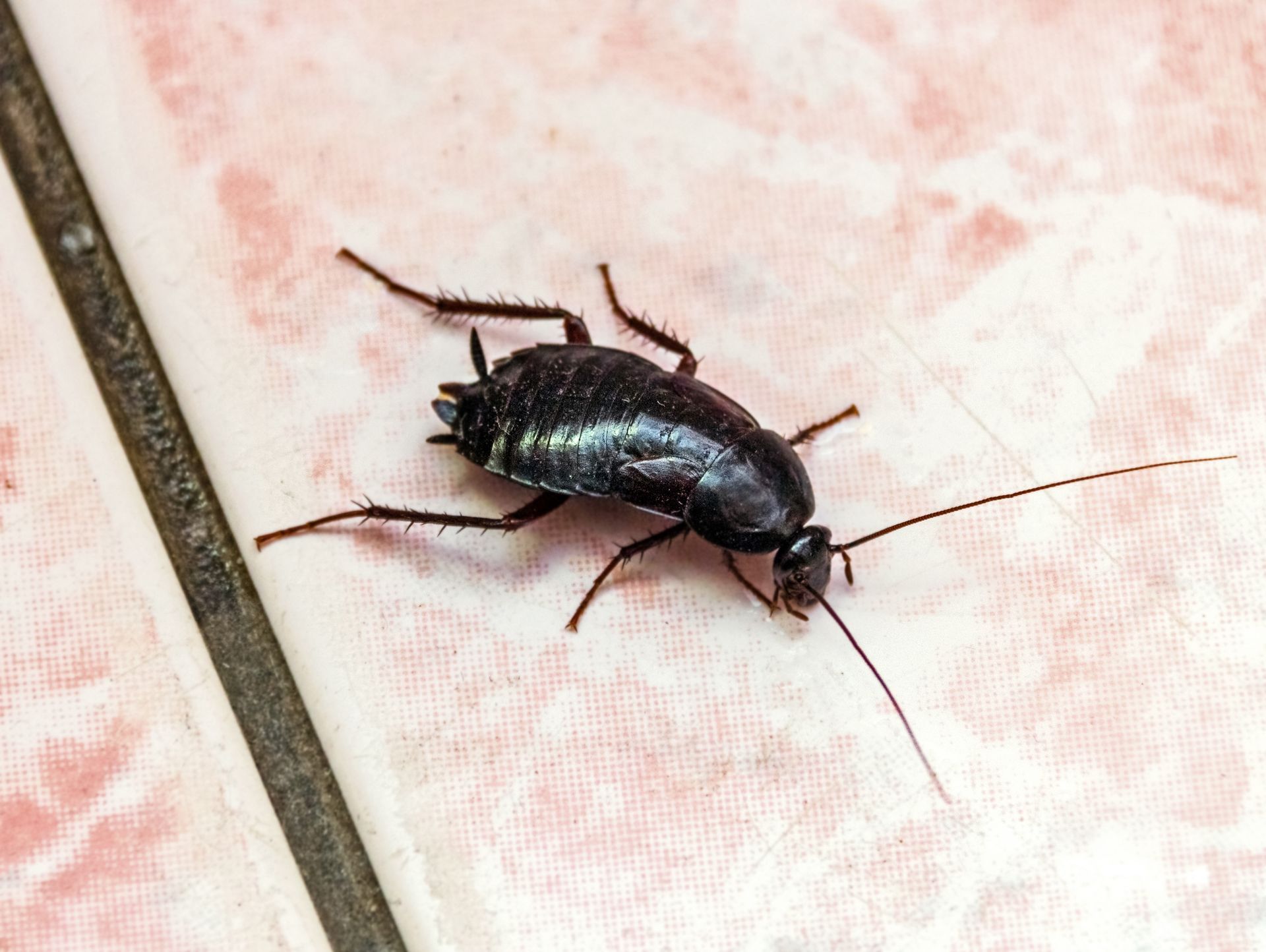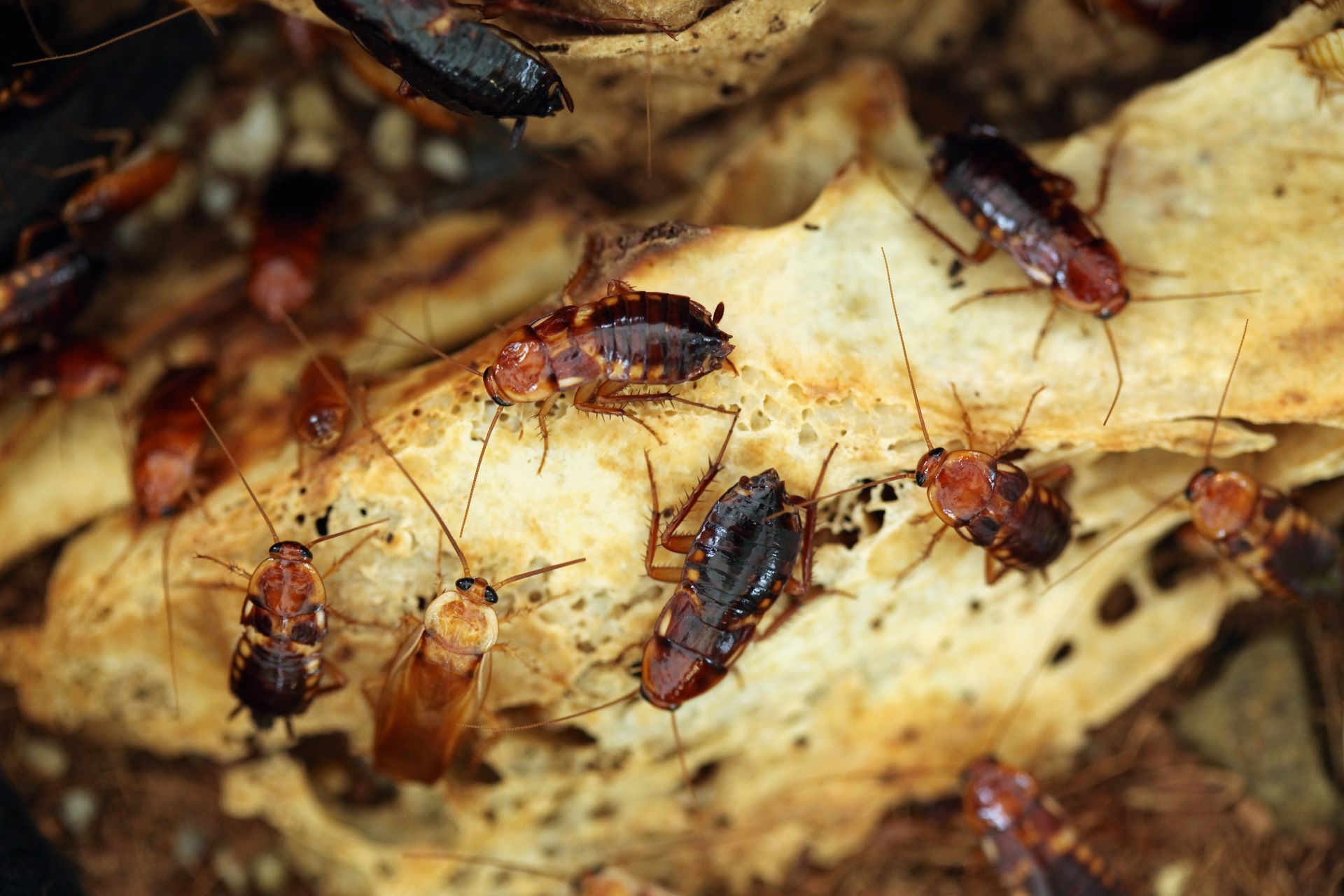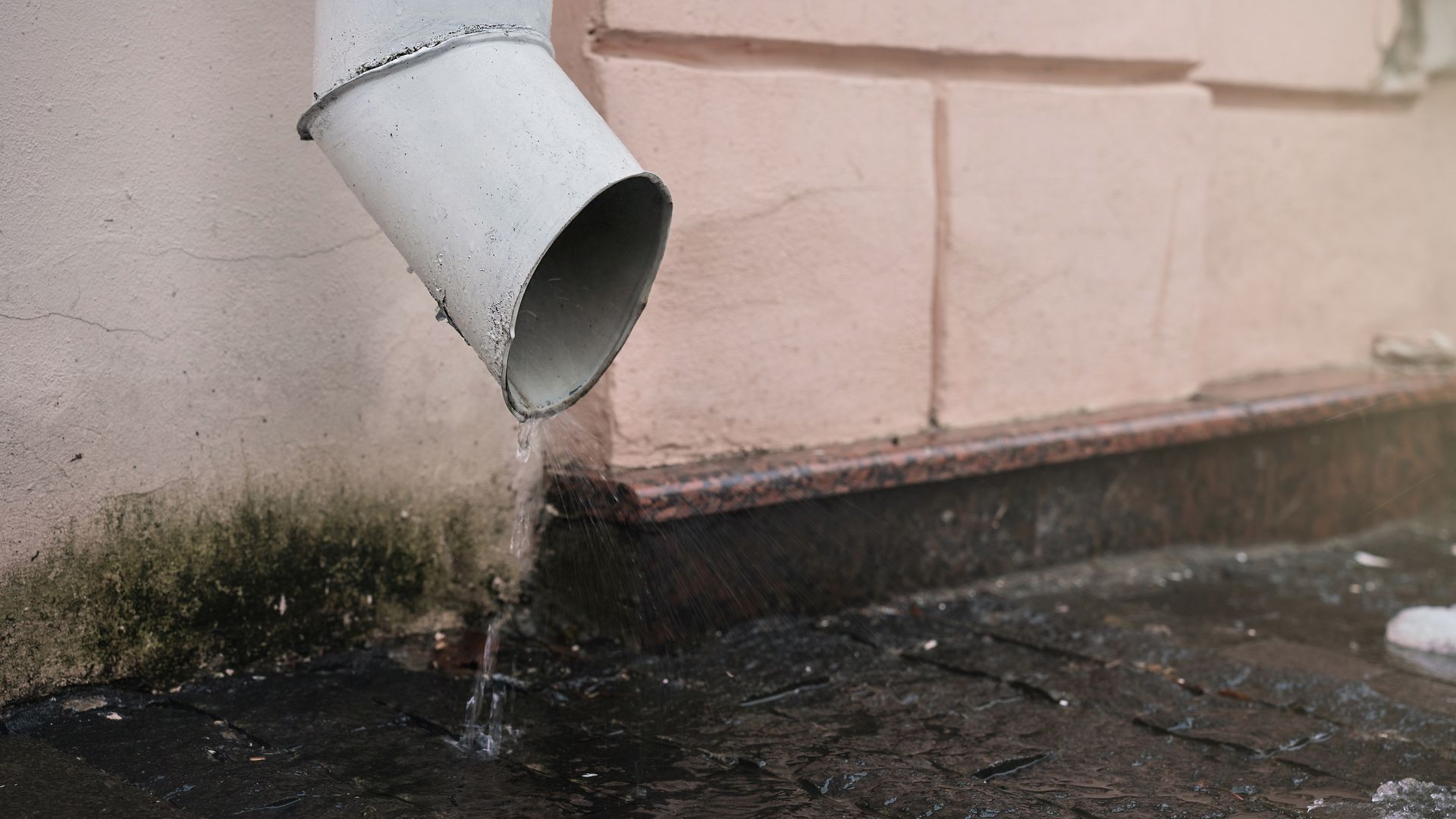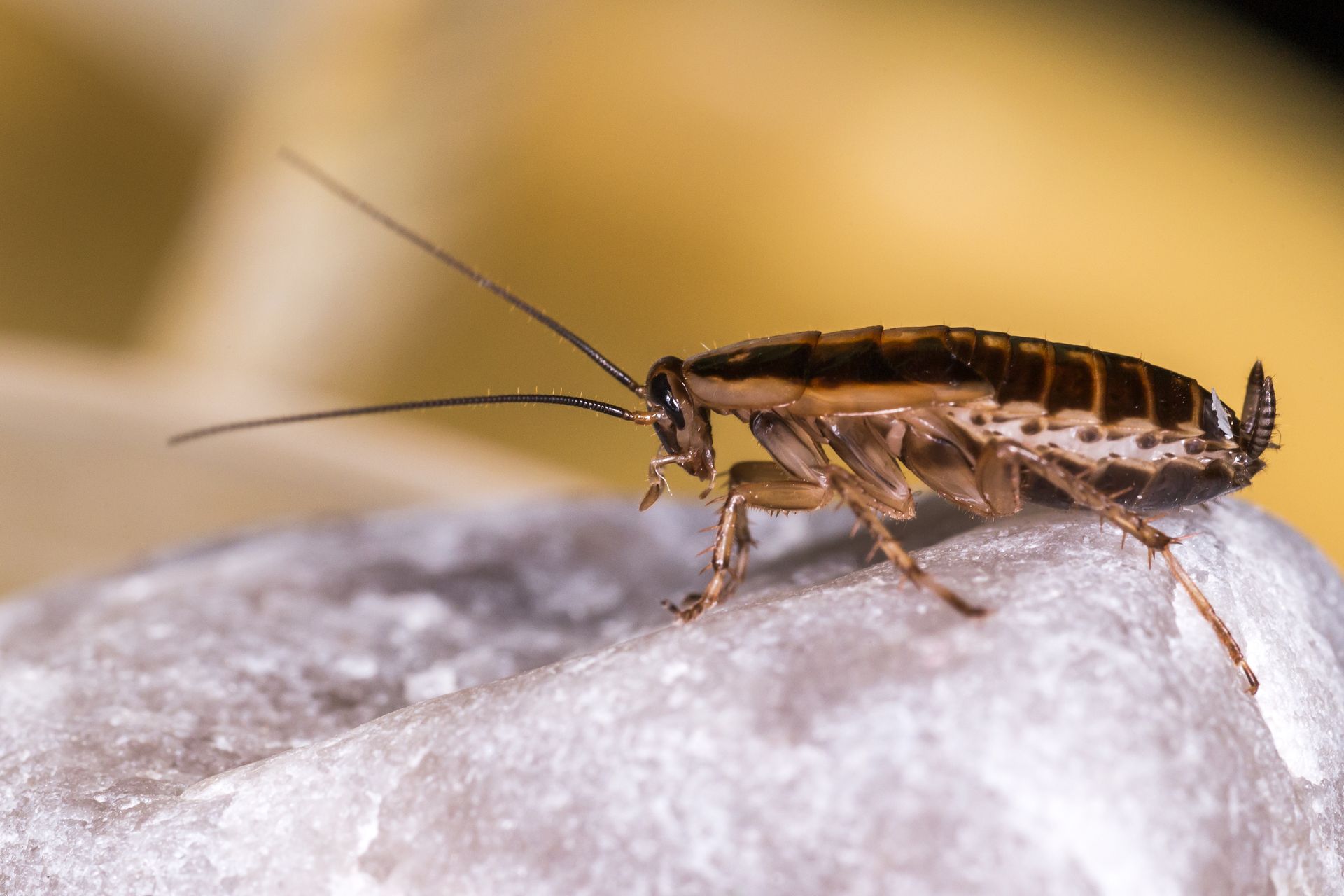Aphids
Aphids are tiny, soft-bodied insects that feed on the sap of plants, causing damage to flowers, trees, and other vegetation.
Aphids are tiny, soft-bodied insects that feed on the sap of plants, causing damage to flowers, trees, and other vegetation. These pests can multiply quickly and can be difficult to control once they have established themselves. Fortunately, there are several ways to get rid of aphids and prevent further damage to your plants.
Spray the affected plants with water: One of the easiest ways to get rid of aphids is to spray the plants with a strong jet of water. This will dislodge the aphids from the plant, and they will be unable to climb back up. Be sure to do this early in the morning or late in the evening when the temperature is cooler, as this will help prevent damage to the leaves.
Use insecticidal soap: Insecticidal soap is a natural insecticide that can be used to control aphids. It is made from potassium salts of fatty acids and is effective against soft-bodied insects such as aphids. Apply the soap solution to the affected plants, making sure to cover both the top and bottom of the leaves. Repeat the treatment every 7-10 days until the aphids are gone.
Neem oil: Neem oil is a natural insecticide that is effective against aphids. It is made from the seeds of the neem tree and can be sprayed directly onto the affected plants. Be sure to follow the instructions on the label, as neem oil can be toxic to some plants.
Introduce natural predators: Ladybugs, lacewings, and parasitic wasps are natural predators of aphids. Introducing these insects to your garden can help control the aphid population. You can purchase these insects from garden supply stores or online. However, be careful not to introduce too many predators, as they can also harm beneficial insects.
Use reflective mulch: Reflective mulch can help repel aphids from your plants. This type of mulch reflects light back onto the plants, making it difficult for the aphids to find a suitable feeding site. Reflective mulch can be made from aluminum foil, reflective plastic, or white sand.
Prune affected areas: If the aphids are only affecting a small part of the plant, you can prune off the affected areas. This will help prevent the aphids from spreading to other parts of the plant.
Keep your plants healthy: Keeping your plants healthy is the best way to prevent aphids from infesting them. Ensure your plants are receiving adequate water, sunlight, and nutrients. Also, avoid over-fertilizing your plants, as this can attract aphids.
In conclusion, aphids can be a nuisance, but they can be controlled using natural methods. By spraying your plants with water, using insecticidal soap, neem oil, introducing natural predators, using reflective mulch, pruning affected areas, and keeping your plants healthy, you can effectively control the aphid population and prevent further damage to your plants.
